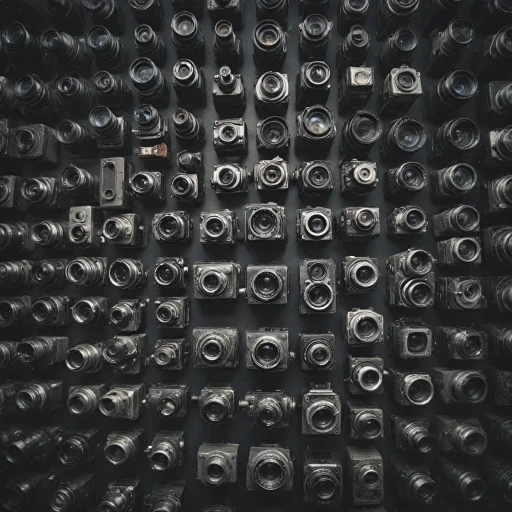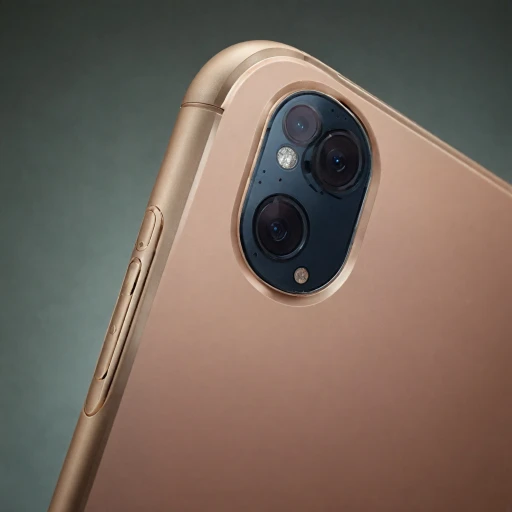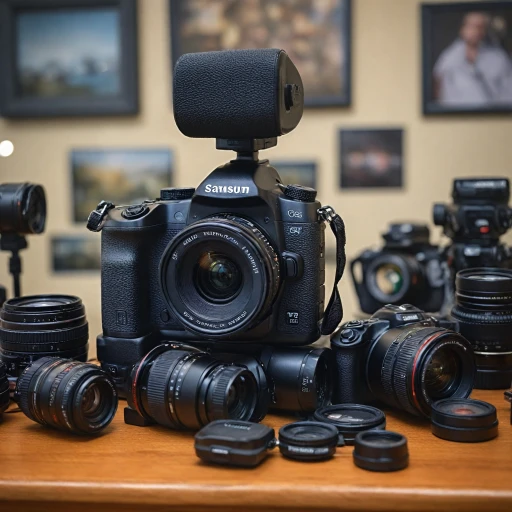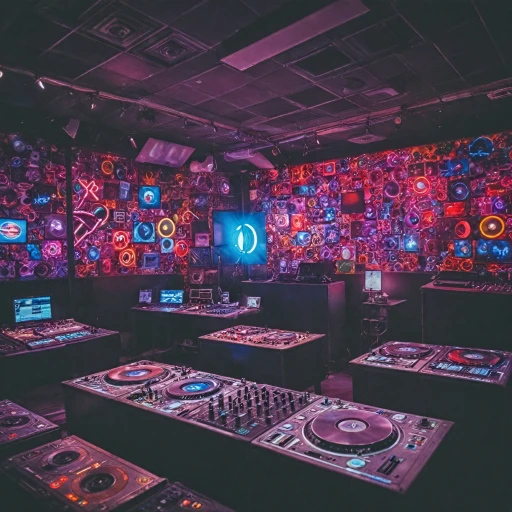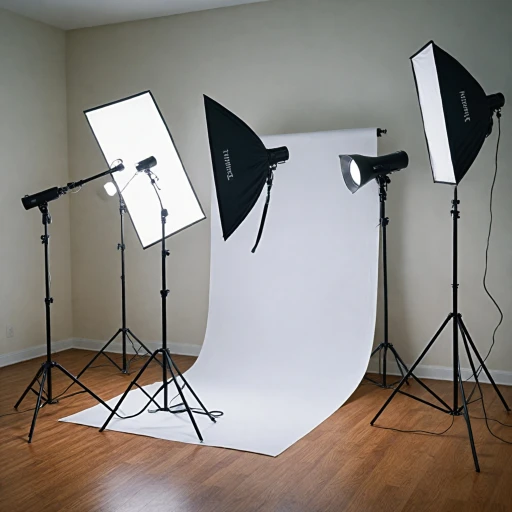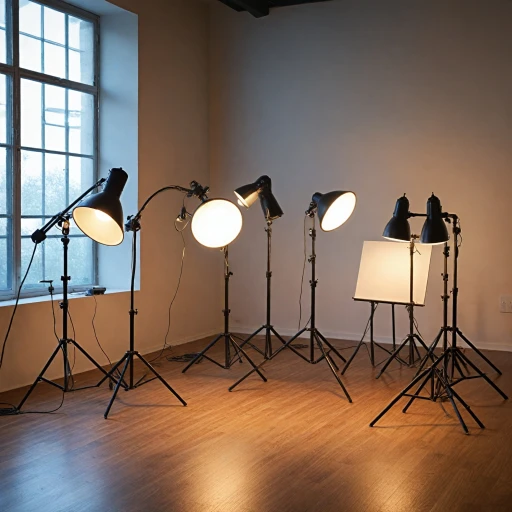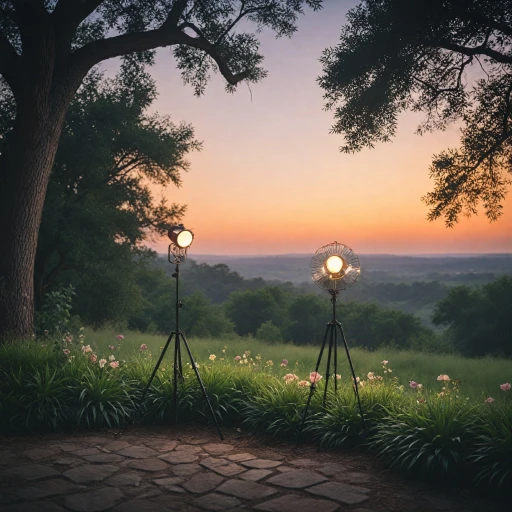Understanding Light Meters in Digital Photography
In digital photography, mastering light is crucial for achieving outstanding images. A light meter plays a vital role in this process by helping photographers measure both ambient and flash light, ensuring the perfect exposure every time. When you think about enhancing your photography, understanding light meters can be a game-changer.
The Importance of Light Measurement
Accurate light measurement can significantly impact the quality of your photographs. Light meters, like those by the brand Sekonic, are designed to provide precision in both incident and reflected light readings. Photographers can rely on these tools to deliver consistent and reliable results, whether they are working with natural lighting or in a studio setting.
Different Types of Light
Understanding the difference between ambient and flash light is essential. Ambient light refers to the natural or available light in a scene, while flash light is the artificial burst from a camera flash. A meter like the Sekonic Flashmate conveniently measures both, providing valuable information for adjustments.
Advantages of Using a Light Meter
Using a light meter allows photographers to achieve the desired exposure settings more accurately compared to relying solely on a camera's built-in meter. The Sekonic Studio Deluxe and Cine models offer advanced features suitable for both cine and still photography, enhancing the versatility for any digital master.
For photographers looking to delve deeper into lighting setups, understanding the role of light stands in digital photography can complement the use of a light meter.
Why Choose a Sekonic Light Meter?
Choosing Sekonic for Superior Photographic Outcomes
In the expansive realm of light meters, Sekonic stands as a leader in delivering precise measurement solutions designed to elevate the quality of your photography. Several factors differentiate Sekonic as a preferable brand for photographers looking to perfect their craft.
First, the Sekonic brand offers a diversified range of products tailored to different needs. From the entry-level Sekonic Flashmate to the more advanced Sekonic Pro models, the options enable photographers to select a light meter that best suits their specific requirements, whether it's ambient or flash light exposure.
Many professionals prefer Sekonic meters for their reliability in both incident and reflected light measurements. This reliability is crucial when accurate exposure is needed, particularly in varied lighting conditions. Sekonic’s precision ensures that photographers can trust their readings, resulting in consistently superior image quality.
Moreover, the Sekonic Digital Master line integrates advanced technology that allows compatibility with contemporary digital cameras, enhancing its appeal among digital photographers who require top-tier light measurement. With features like this, the Sekonic range becomes an indispensable tool in the camera bag of any serious photographer.
Sekonic provides additional benefits such as free shipping options and their acclaimed customer service, simplifying the acquisition process for photographers globally. For those aiming for versatility, the Sekonic Zoom Master is particularly notable for its flexible applications, whether in studio settings or outdoor shoots.
For a deeper dive into maximizing your photography capabilities with top lighting equipment, explore our detailed guide on enhance your photography with the right light stand. The right equipment can seamlessly integrate into your workflow, optimizing your creative outcomes with ease.
How to Use a Sekonic Light Meter Effectively
Maximizing the Use of Your Sekonic Light Meter
Using a Sekonic light meter like a pro can drastically improve your photography by achieving accurate exposure settings under various lighting scenarios. Whether you’re capturing the subtle nuances of ambient light or controlling the power of your flash, the Sekonic light meter serves as a vital tool in your digital photography arsenal. To properly harness the full potential of this device, understanding its various operational modes and settings is imperative:- Incident vs. Reflected Light Readings: Learn when to switch between these modes. Incident light readings measure the light falling on a subject, providing a true representation without being affected by the subject's color or reflectivity. In contrast, reflected light readings measure the light bouncing off your subject, which can be useful in varied environmental contexts.
- Balancing Ambient and Flash Light: The Sekonic flashmate and studio deluxe models excel in enabling photographers to balance ambient with flash light. This capability is crucial when shooting in variable lighting conditions, such as a half-lit studio or a sunlit outdoor setting. By mastering this balance, you can create depth and mood in your photographs.
- Utilizing the Sekonic Cine and Zoom Capabilities: For those delving into videography, functions such as the Sekonic cine settings help adjust to different frame rates and ISO settings. The Sekonic zoom master feature helps ensure consistency in exposure when framing tight or wide shots.
- Leveraging Digital and Flash Enhancements: The digital master and sekonic flashmate configurations contribute significantly to precision in exposure metering. Knowing how to adjust these will ensure that your exposure remains consistent across shoots, irrespective of changes in the subject’s proximity or lighting intensity.
Integrating a Sekonic Light Meter with Your Digital Camera
Integrating Your Sekonic Light Meter with Digital Cameras
Integrating a Sekonic light meter with your digital camera can significantly enhance your photography skills by giving you more control over exposure settings. Here's how you can achieve a seamless integration:- Understand Your Equipment: Different models, like the Sekonic Flashmate, Sekonic Cine, or the Sekonic Studio Deluxe, cater to different needs, whether you’re into studio or on-location shoots. Knowing whether your work involves incident or reflected light can determine which light meter fits your needs best.
- Syncing with Flash: If you’re working with flash, the Sekonic Flashmate or Zoom Master models are designed for precision when measuring flash exposure. Ensure your light meter supports your flash system – this sync feature is key to avoiding overexposure or underexposure in your photographs.
- Using Advanced Modes: Sekonic meters often come with advanced modes that measure ambient and flash light separately. Utilizing these pro features helps master exposure settings, reducing time spent in post-production.
- Connecting to Cameras: Sekonic’s digital light meters often integrate with your camera’s settings, allowing you to set the perfect exposure values pre-capture. This is especially helpful for cine enthusiasts who require precise control over lighting conditions.
Common Challenges and Solutions with Light Meters
Overcoming Light Metering Hurdles
When using a Sekonic light meter, photographers may encounter several challenges that can impact their ability to achieve the perfect exposure. Understanding these common issues and how to address them can significantly enhance your photography experience.
Dealing with Reflected Light
One frequent issue is dealing with reflected light. Reflected light meters, like some models in the Sekonic range, measure the light bouncing off a subject. This can sometimes lead to inaccurate readings, especially in high-contrast scenes. To counter this, consider using an incident light meter, which measures the light falling onto the subject. This approach can provide more consistent and reliable exposure settings.
Managing Flash and Ambient Light
Balancing flash and ambient light is another challenge. Sekonic flash meters, such as the Sekonic Flashmate, are designed to handle this task effectively. When using flash, ensure your meter is set to measure both flash and ambient light. This dual reading helps in achieving a balanced exposure, crucial for professional-looking images.
Calibrating Your Meter
Calibration is key to ensuring your Sekonic digital light meter provides accurate readings. Regularly check your meter against a known standard to maintain its accuracy. This step is particularly important for studio photographers who rely on precise exposure settings.
Addressing Meter Malfunctions
Occasionally, you might experience malfunctions with your Sekonic product. Issues like unresponsive buttons or inaccurate readings can often be resolved by checking the battery or resetting the device. If problems persist, consulting the Sekonic support team or referring to the user manual can be helpful.
Mastering Advanced Metering Techniques
For those looking to push their skills further, mastering advanced techniques with your Sekonic light meter can be rewarding. Experiment with the zoom master feature for varying focal lengths or explore the cine mode for video projects. These features can elevate your work, making your Sekonic meter an indispensable tool in your kit.
Advanced Techniques with Sekonic Light Meters
Exploration of Advanced Techniques with Sekonic Light Meters
For those stepping into the realm of expert photography, evolving your skills with a Sekonic light meter can yield exceptional results. There are several advanced techniques to explore that can help maximize the potential of these precision tools.- Incident and Reflected Light Measurements: Understanding the distinction and benefits of using both incident and reflected light readings allows for more precise exposures. Incident light meters measure light falling onto a scene, offering consistent results, especially in unpredictable lighting. On the other hand, reflected light meters measure the light bouncing off subjects and can be invaluable in dynamic settings where ambient conditions vary.
- Mastering Flash Lights: When utilizing flash in your photography, particularly in studio environments, integrating your Sekonic flashmate can be transformative. The meter helps synchronize the flash output with ambient light, creating well-balanced exposures in mixed lighting conditions.
- Cinematography with Sekonic Cine Meters: For videographers venturing into cine work, Sekonic cine meters are indispensable. These meters allow filmmakers to maintain consistent exposure, vital for seamless scene transitions. Understanding depth and lighting ratios is essential, and these meters serve as an enlightening guide.
- Utilizing Deluxe Features: Many Sekonic models, such as the Sekonic Studio Deluxe, come packed with features like multi-function capabilities and customizable settings, useful for nuanced scene analysis. Taking time to master these deluxe features can elevate the quality of your captures, especially when transitioning between studio and outdoor environments.
- Embracing Digital Mastery: Sekonic digital light meters, such as those in the pro Sekonic lineup, offer comprehensive data logs and analysis features, enabling photographers to revisit and refine their techniques. Employing these features allows photographers to develop a precise understanding of light behavior across various environments.

